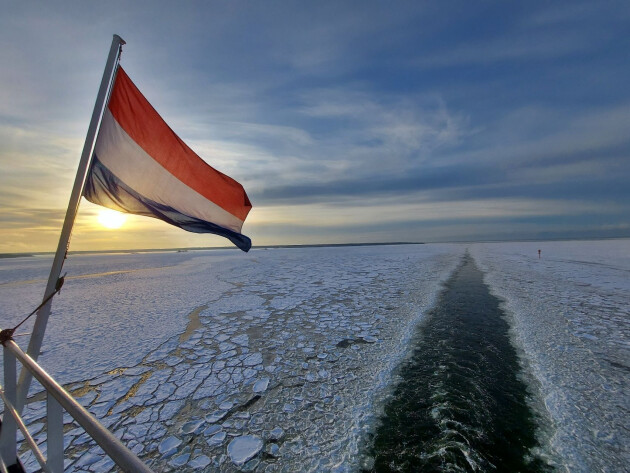
Maritime tax schemes
The tonnage tax scheme and remittance reduction maritime shipping are essential for having a maritime sector in the Netherlands. The Netherlands must restore the global fiscal level playing field by including offshore ships.
Why is this important?
The Netherlands offers three fiscal schemes for the shipping industry: the tonnage tax scheme, the remittance reduction for maritime shipping, and random deprications for seagoing ships. It is essential to maintain these maritime fiscal schemes, this way it is possible to ensure that Dutch shipowners continue to manage their fleet in the Netherlands. These schemes are crucial for the Dutch shipping industry, Dutch seafarers, and the broader Dutch maritime sector.
Fiscal regulations
Tonnage tax regime
Wage tax reduction scheme for seafarers
Random deprecations
How should we solve it?
The tonnage tax scheme andwag tax facility for shipping are in need of major maintenance. Currently, the tonnage tax regime can only be applied to ships which perform transport activities and only a number of specifically named ship types. The KVNR advocates to change the current manner of including ships. All shiptypes should be included and the maritime industry should create a list of non-qualifying ships that should be excluded from these tax schemes.
This will level the fiscal playing field for Dutch based shipowners in competing with other maritime countries around the world.
This will level the fiscal playing field with the maritime countries around us. In any case, as a result, work boats, dredgers, chase and guard ships, subsue rock installation (SRI) vessel and other ships used for naval assistance, as well as transport ships that, for example, transport CO2 from land to a storage location at sea, should become qualifying ships for the tonnage tax regime and the wage tax facility for maritime shipping.
This also applies to the wage tax reduction scheme for seafarers. The scheme contributes to the competitive position of Dutch shipowners and seafarers with their European and global competitors. It is therefore important to make and keep the scheme as attractive as possible. One way of doing this is by making the remittance reduction option as optimal as possible and extending the scope of the scheme to offshore.
State of affairs - November 1, 2024
October 3, 2024: During a debate in the House of Representatives, the Minister of Infrastructure and Water Management (IenW) The Dutch Ministry of Infrastructure and Water Management (IenW) is working towards a livable, accessible, and safe Netherlands. The ministry focuses on transportation, water management, climate adaptation, and environmental quality. pledged to consult with the State Secretary of Finance on how to shape the extension of the schemes to offshore ships. These consultations should take place in the autumn of 2024. The KVNR looks forward to the ministers' conclusions.
2023: In February 2023, the House of Representatives also passed a motion by Chris Stoffer (SGP), instructing the government to bring ships operating offshore fully under the scope of the tonnage tax regime and the wage tax reduction scheme for seafarers. Of course, this must be worked out within European state aid frameworks.
Expert and press contact




